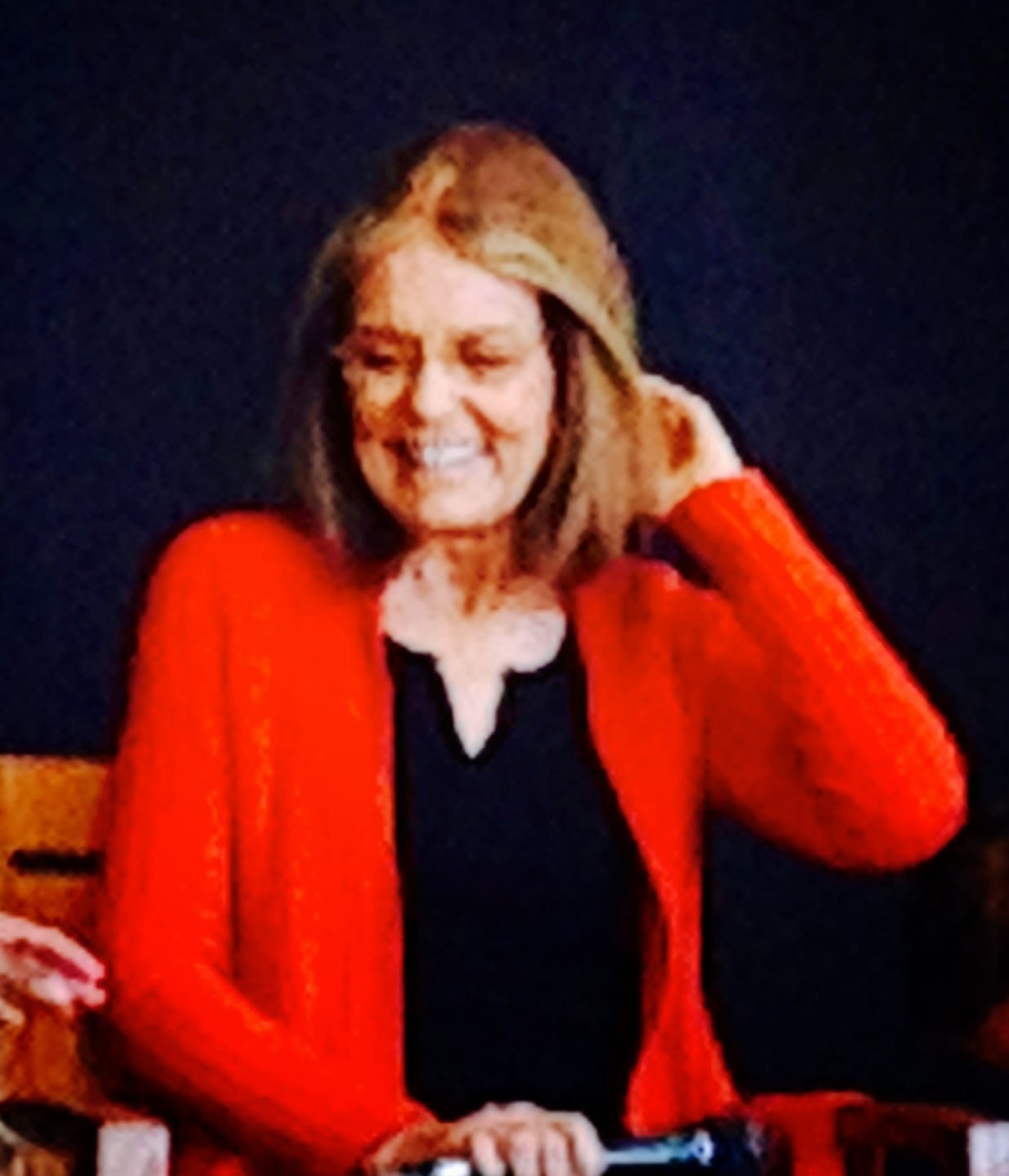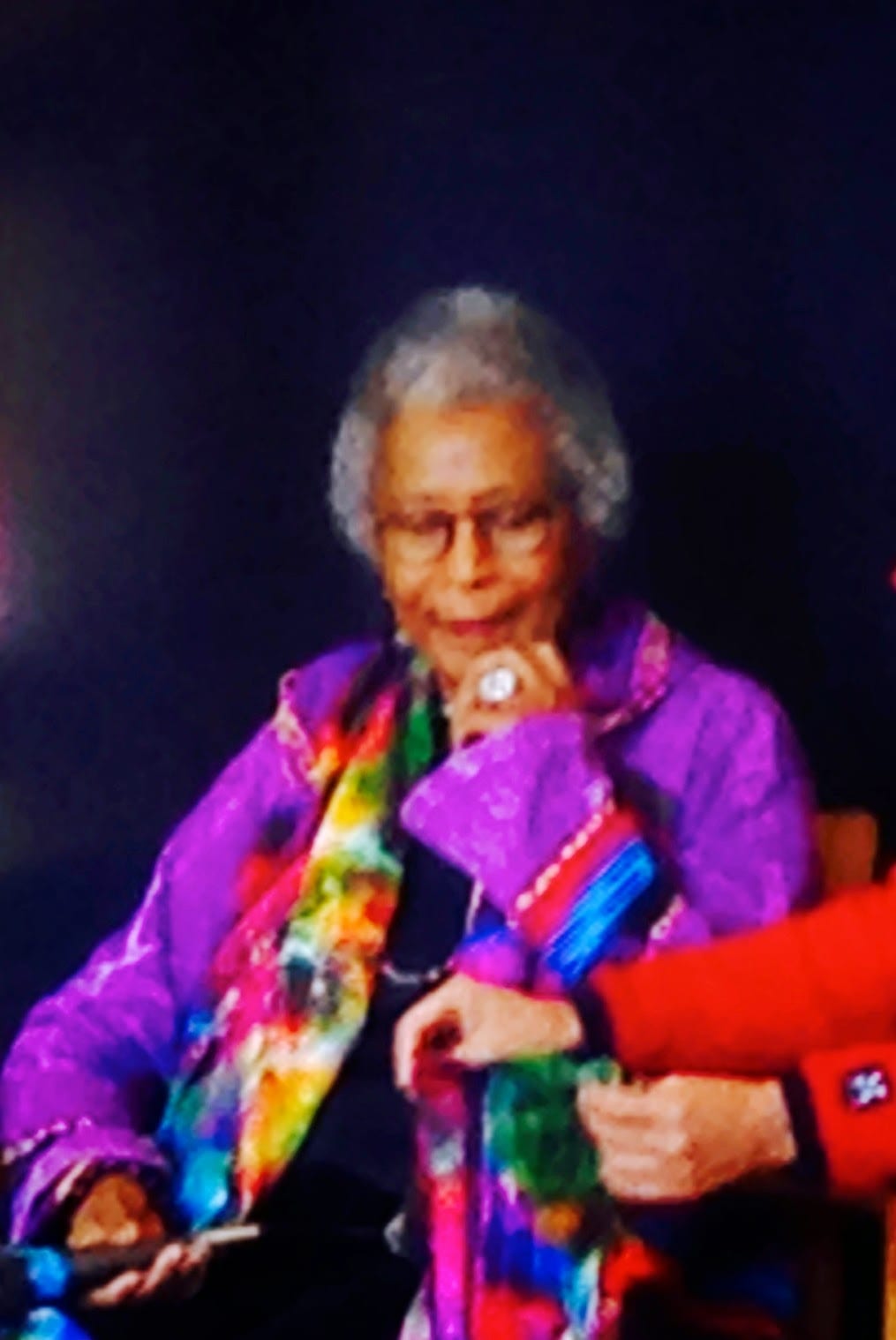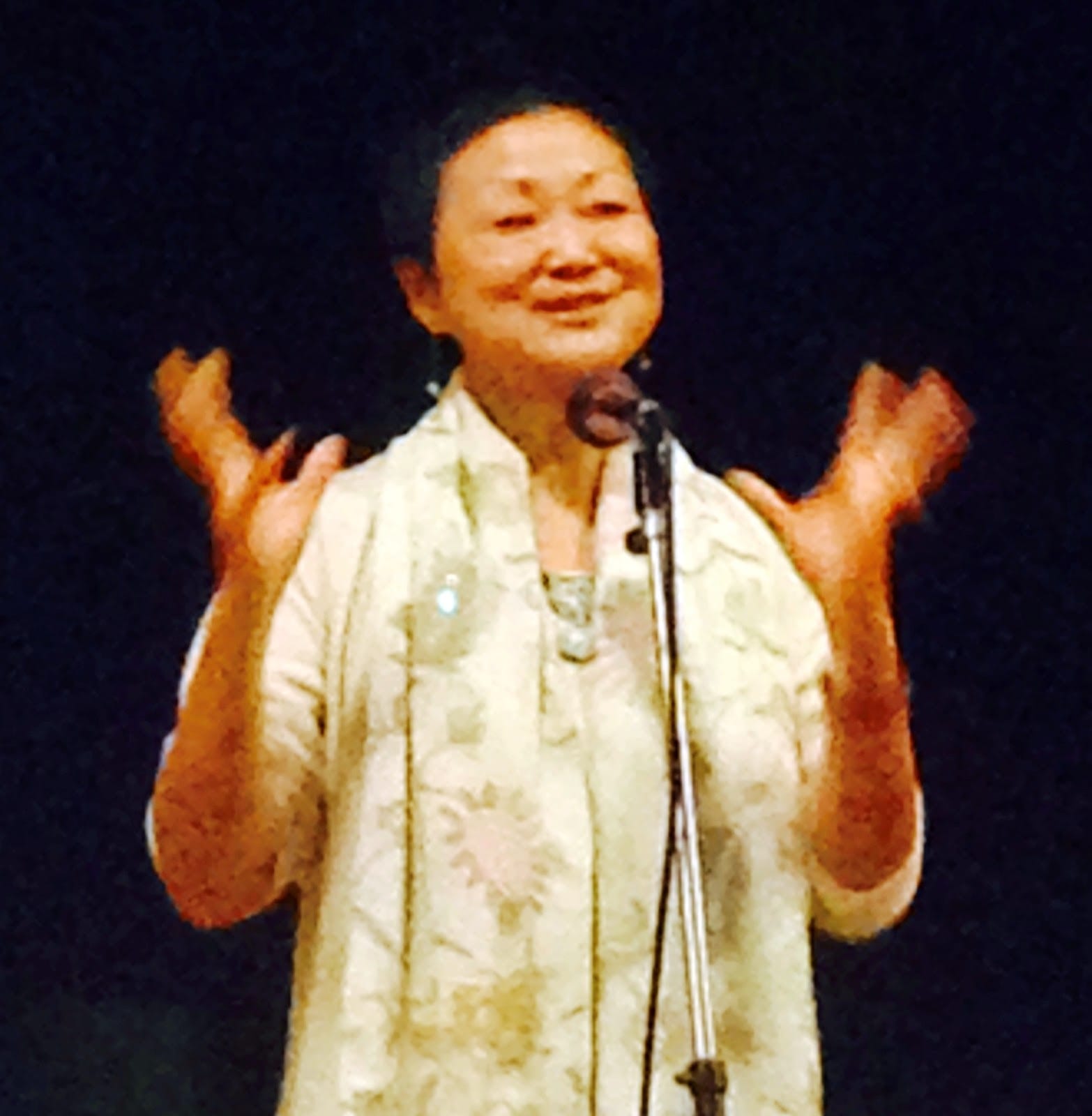
“Let everyone sweep in front of his own door, and the whole world will be clean.” Johann Wolfgang von Goethe
“It is easy to dodge our responsibilities, but we cannot dodge the consequences of dodging our responsibilities.” Josiah Charles Stamp
Ahh, personal responsibility. We are a nation enamored with the concept. We are also enamored with the notion of individuality; individual freedoms (to a certain extent), individual rights, individual responsibility. We expect people to clean up their messes if, for some reason they haven’t managed to avoid making them in the first place. Unfortunately, we don’t always provide them with the tools they need to do either of these things. And therein lies the rub.
We are a nation that loves instant gratification and thrives on the ability to “keep up with the Joneses.” Hallelujah for credit! Visa and MasterCard give us the opportunity to spend money we don’t have on things we want now. Sub-prime mortgages and “zero down” financing offer us chances to spend money we won’t likely ever have. Our children and grandchildren see the economy collapsing under the weight of such ridiculousness, and hear every day on the news that the economy would rebound more quickly if we just went out and spent more money. Huh? Is it any wonder they’re confused? And how many of them will learn about money management in school? How many of their classes will educate them about saving money and contingency planning? If these classes aren’t available, how many of their parents will be able to talk to them about these things? I remember two of the “life skills” classes I took in high school: Personal Finance and home economics. We talked about calculating interest rates and were taught the proper way to write a personal check in Personal Finance class. In Home Ec, we did a little sewing, a little meal preparation, and one very memorable day, a cosmetics expert came in to teach us the proper way to apply our makeup without creating wrinkles around our eyes. I didn’t feel precisely qualified to manage the finances of a household upon graduation. I’m certain I’m not qualified to teach my kids money management skills based on those two “practical life” classes.
Yesterday, the House of Representatives passed yet another bill that is aimed at blocking access to reproductive healthcare for millions of American women. They claim that their intent is to reduce the number of abortions (hopefully to zero) in our nation. If this is an attempt to force women to live up to the consequences of their mistakes (ie. premarital or unprotected sexual activity?), I fear that they are asking women to sweep up a mess without providing them a broom or proper instruction on its use. Defunding Planned Parenthood and making access to other facilities where women can get objective, non-biased information about their own bodies is worse than that. It is actively denying them access to the broom and the class on sweeping. How can we expect people to avoid mistakes or learn from them when we don’t offer them information? If we fight against sexual education classes in our schools and rail against birth control, we are expecting people to gain this vital education by what, osmosis? If we don’t teach each other what we know about the more difficult things in life, we can’t expect any change. You can’t hold someone responsible for making a mistake they had no way of preventing.
Individuality is important. Differences are often what creates color and vibrancy in life. But not enough can be made of the power of tapping into a collective base of information. There will always be people who learn best by making mistakes over and over again, but for those who could benefit from the wisdom of others, isn’t it our responsibility to pass that information on?
“Today, more than ever before, life must be characterized by a sense of Universal responsibility, not only nation to nation and human to human, but also human to other forms of life.” Dalai Lama








